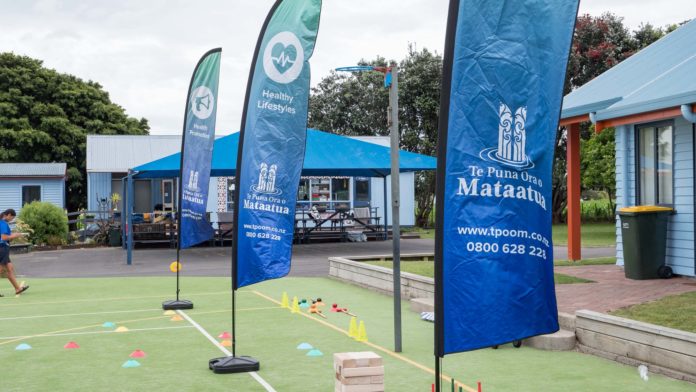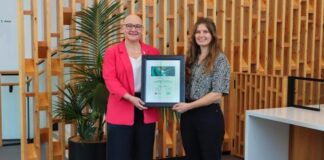Government investment in regional economic development projects has passed a $2 billion milestone, Economic and Regional Development Minister, Stuart Nash announced today.
The Minister said funds administered by the Regional Economic Development & Investment Unit at MBIE (Kānoa-RDU) have now paid more than $2.1 billion to projects since 2018.
“From the Provincial Growth Fund to the Infrastructure Reference Group’s shovel-ready projects, as well as other funds, we are backing communities all over the country and giving them confidence to keep investing,” Mr Nash said.
“It has been a priority to invest in regional infrastructure which had been previously run down. These investments are even more important as we respond to the economic shock caused by the global COVID-19 pandemic.
He said that some modest investments had proved to be the most valuable.
“Organisations at the heart of communities, like marae and Pasifika churches, have become central in our COVID-19 vaccination and testing efforts.”
“As part of the PGF reset in 2020 we invested in smaller community initiatives to deal with the impact of COVID-19 on jobs and businesses. This year many investments have come full circle. Dozens of newly-renovated marae and Pasifika churches have become COVID-19 vaccine and testing centres.
“For example last year Wharekawa Marae in north Waikato received $252,000 for renovation work on its buildings and grounds. This September, it was the site of a pop-up testing facility that swabbed more than half its community after a local positive case.
“Te Puna Ora o Mataatua’s Māori health academy in Whakatāne received a $2.95 million grant from Te Ara Mahi fund, so 300 young people could receive training and work placements. Graduates are now helping deliver vaccines and tests in the Bay of Plenty.”
Mr Nash said one of the earliest PGF grants, to FI Innovations in Southland, was $370,000 to help buy equipment for large-scale 3D printing.
“It can manufacture medical parts such as ventilator valves, should DHBs need them during the pandemic,” he said.
“Other investments are significant for enabling development of infrastructure to secure regional jobs, businesses and economies in the face of global uncertainty.
“In the north, the rail network between Swanson and Whangarei had been in managed decline. Kānoa-RDU investment of $219 million transformed the 180 kilometre line which now carries modern shipping containers, removing thousands of trucks from the roads.
“In Southland and Otago, grants of $7 million for manufacturing businesses and a training academy are tackling local skills shortage and helping school leavers play a part in the region’s growing engineering sector.
“In Rotorua, a PGF grant of $875,000 is helping to build a state-of-the-art film studio and establish training schemes to nurture the screen sector and upskill the local workforce.
In Opotiki a new $112 million harbour and marine development will lead to an expanded aquaculture industry and unlock the economic potential of the town and its people, the Minister said.
“The country’s largest fishing port of Nelson is getting a fit for purpose slipway to handle larger vessels. Wairoa’s rural bridges are being strengthened to handle the ‘wall of wood’ from the region’s exotic forest plantations. A Tāupo company has government backing to develop new techniques to harvest valuable silica from geothermal steam and old mines.”
“This infrastructure investment is well overdue. The momentum of regional economic development is now picking up pace. We reached the $2 billion milestone just ten months after the $1 billion milestone in February 2021, which itself took three years to achieve.
“While the $2 billion achievement is impressive, it is only half the story. There is another $2 billion in investment in the pipeline, as Kānoa-RDU pays funds already allocated to projects, once they meet agreed milestones.
“On top of that, the Regional Strategic Partnership Fund unveiled earlier this year is providing another $200 million as ‘seed funding’ for the regions.
“I am excited to watch the investment of Kānoa funds continue to make a difference, as we build productive, sustainable, inclusive and resilient economies across New Zealand,” said Mr Nash.



